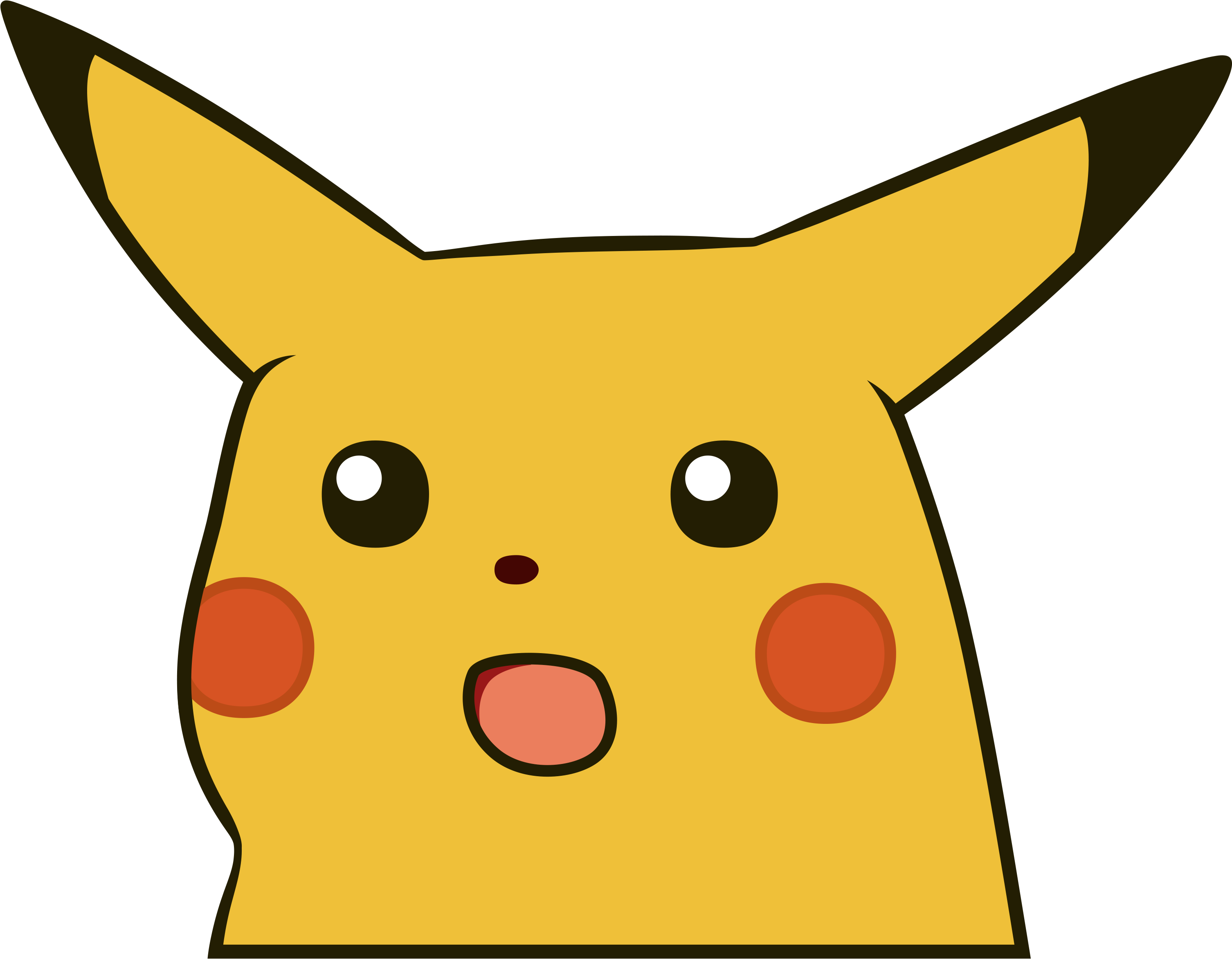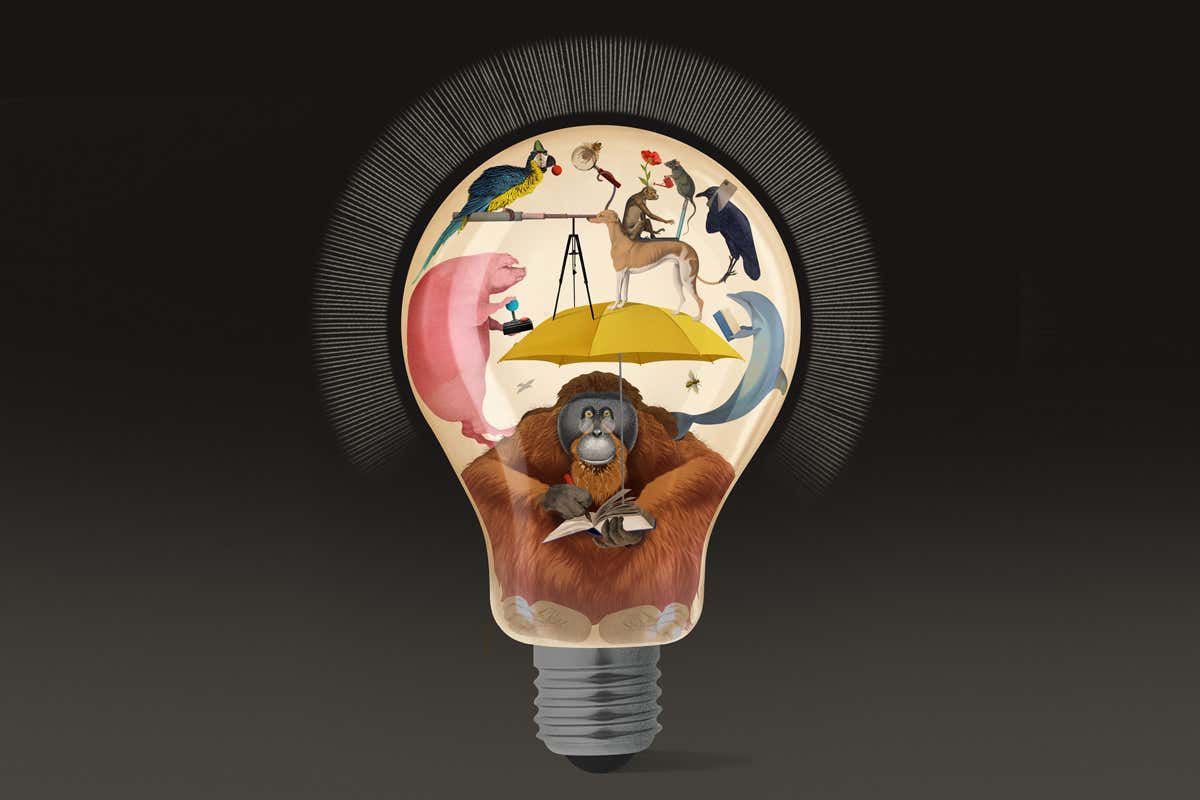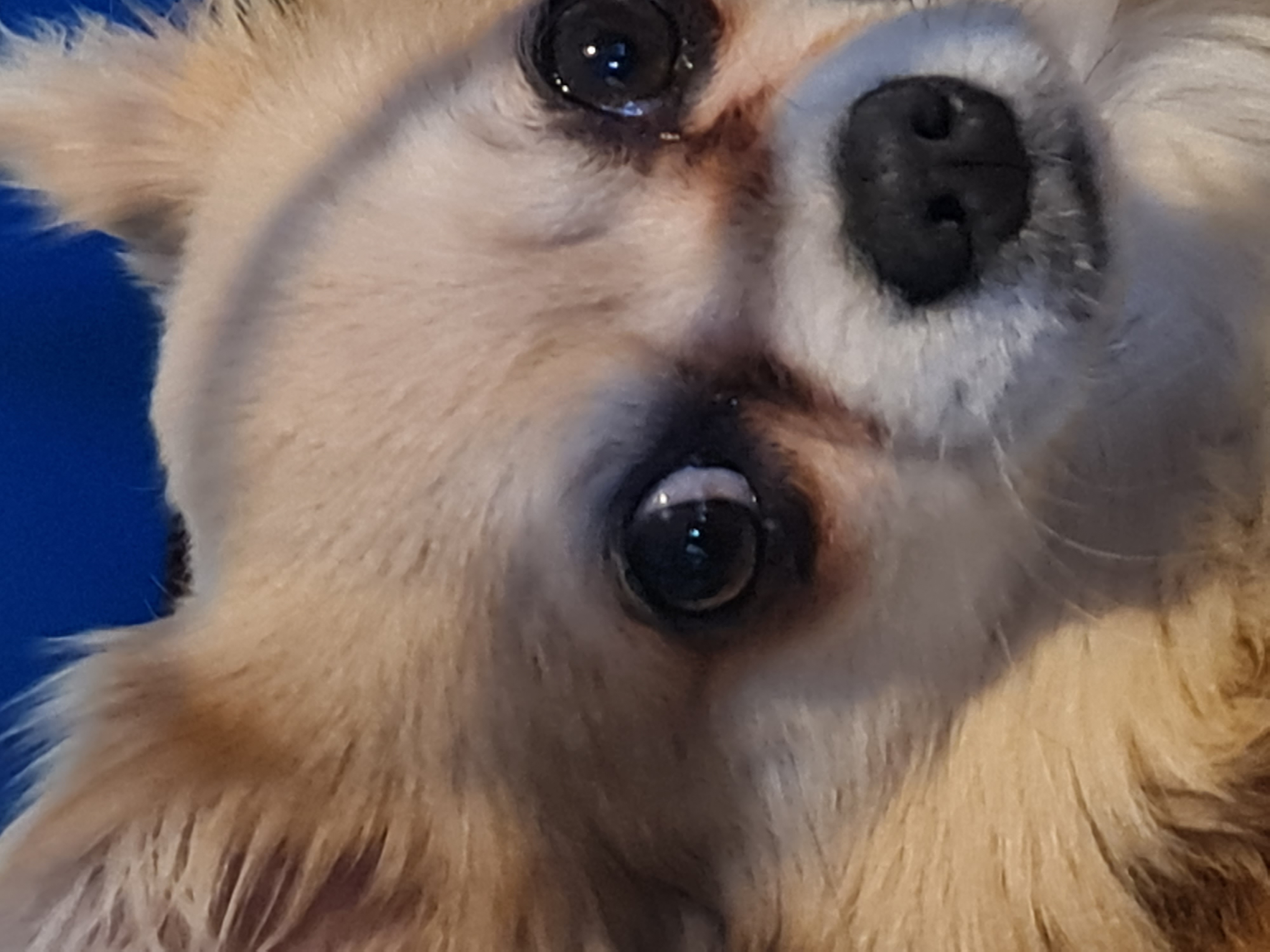All this recent news about animal psychology has made me wonder what the fuck science has been examining in animals for the past entire time humans have existed, that it’s only now they are thinking this.
Honestly Humanity has been pretty arrogant. Took 100s of years before we recognised birds use tools. Mainly because everytime it was seen. Some other excuse was seen for why the bird was sticking a stick into a tree. Science was so sure mankind was unique it was unwilling to see reality.
But honestly if you think that is bad. Do some research into why European explorers thought Europe represented the most advanced civilisation. African cities raised to the ground rather then face the idea they may have been their before us.
Razed*
There*
Science was so sure mankind was unique it was unwilling to see reality
That was mainly religions influence. Observations that did not conform with what they “knew” from the bible had to have another explanation.
I sorta agree.
Unfortunately modern science is slow to change ideas it has accepted in the past.
Neil Degrass Tyson did an interesting talk on the % of religion in science. Based in the US. And it basically indicated that the higher you get. The lower the odds you belie in religiose ideals.
But the levels were pretty high until the top. And still not 0 then.
I personally think (opinion not fact) this has left us with a community. That hesitates to challenge science on religion alone. IE we don’t see ideas thrown out when it is clear religion was involved in forming them. But instead only when clear evidence refutes them.
In my less the humble opinion. This leaves science with a few old
wivesnuns tails. That are still followed 400years after the 1689 acceptance of the scientific method.
Than*
I think it’s very much an artefact of religious attitudes at the time science started advancing during the Industrial Revolution, which held up humans as being superior to animals (and also that people before the Industrial Revolution were ignorant and unenlightened). Given that we have legal records from the centuries before that, where animals were held to have legal/moral equivalency to humans (this includes incidences of animals being punished for crimes, of course, but there’s also a case of a court ruling in favour of weevils having rights over a particular field, so the farmer had to let them have it - the record of whether the weevils abided by this agreement was… eaten by weevils), I suspect that back then people were a lot more open to the idea that animals had many of the same capabilities as us. Christianity, especially the “humans have dominion over everything else” strains of it that we’ve had for the last 150 years or so, likely does not reflect the attitude of all humans for the entirety of history - although of course in the past, people didn’t have the scientific knowledge needed to prove it conclusively.
It really seems like humanity’s feelings about who constitutes ‘us’ has been expanding significantly in the past century or so. It makes sense. Global communication went from being non-existent to a few bits of broadcast media and specialist communication to a massive information network spanning the entire planet, capable of instant communication with negligible latency inside of, what, three generations?
When I was born none of this stuff existed. You had like, dial-up networks like Genie and Prodigy and that was about it until I was like 8 or 9 or something. I think the first time I got on the Internet i was like 10 or 11. By the time I graduated high school, literally everyone was online. By the time I was 30, most people had a device in their pocket connected to the Internet with a speed and power (if not versatility) that beat out anything we had in high school. Now pretty much everyone has it. It’s literally easier to get an Internet connection than it is to have somewhere to live.
That has a lot of implications. It’s hard to hide injustice and bullshit when everyone has a video camera in their pocket and can connect to the Internet instantly. We know what factory farming looks like, we know that exploitation looks like, and we know the scale of our destruction of the environment in a way we didn’t before.
Probably most importantly, we’re learning, gradually, that what divides our interest is less and less national borders, physical appearance, or our different ways of living, but the hoarding of wealth and power. There’s some push back, to be sure, but the Overton window has shifted substantially from where it was at the beginning of this global communication phenomenon and it’s continuing to move that way a little at a time.
When we learn compassion for ourselves and the people around us, especially the people we were once taught were so different, it makes sense that we’d begin to generally become more practiced at compassion, empathy, and careful observation that is less and less rooted in our starting biases.
It makes sense that as that happens, the people controlling the purse strings and authorizing studies that might show that ‘us’ can extend further than we imagined might also gain more insight and be less defensive.
Most humans enjoy positions of blithe supremacy. It’s much harder to kill/farm/displace etc creatures if they’re like us and so they are not as we wish to do that.
Scientists are exactly as biased and politically motivated as everyone else, the process is just a bit more self correcting over time. If interpretations are not reenforcing popular ideas they tend not to be taken seriously until evidence is overwhelming.
It has been difficult to prove.
Blame Descartes.
I’m older than most probably are on here, but not that old. I desperately wanted to get into animal behavioral science for higher education, but the prevailing thoughts at the time were that most animals are devoid of emotions. Negative reactions were chalked up to a pain response, and anything else was deemed anthropomorphism. I really wish I would have pushed anyway, because we have learned and accepted so much since then.
I would have loved to be involved in discoveries like we have read about in the last ten years. Follow your dreams, kids. Things can change faster than you think.
We always think so lowly of other animals, so this isn’t surprising.
Animal-like intelligence in humans is far more common than we thought

paywall
Rats are known to be more intelligent than us. When it comes to problem solving in as short a time as possible they win. Humans are not the samrtest animals, we are the animals capable of learning through abstract means. Our brains can encode lessons and decode them with nothing more than language. That’s what separates us. We thankfully have less need of intelligence than other animals. Despite appearances, we are the wisest animals rather than the smartest.
Not only humans can use language to impart abstract concepts. Crows have been observed sharing information about danger to crows who are not present to witness the danger themselves, but then successfully recognize it in the future. They’ve also been found to be able to create tools they have not seen before in order to solve problems.
Koko the gorilla was also famous for her abstract thinking. Others species include dolphins and elephants, and obviously we haven’t tested most species out there.
Songbirds fascinate me. I hope we can decode some crow oral history one day.









